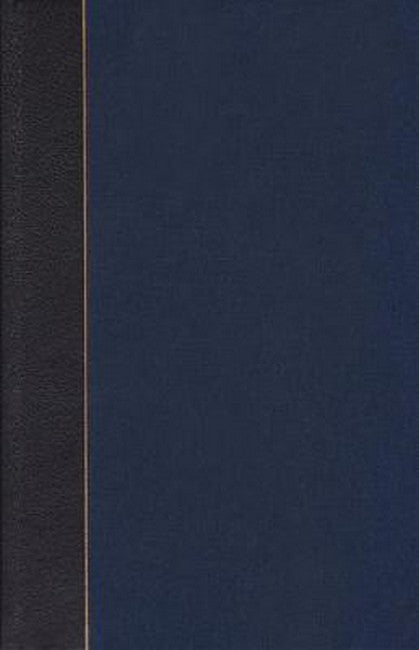Rudolf Steiner (1861-1925) was born in the small village of Kraljevec, Austro-Hungarian Empire (now in Croatia), where he grew up. As a young man, he lived in Weimar and Berlin, where he became a well-published scientific, literary, and philosophical scholar, known especially for his work with Goethe's scientific writings. At the beginning of the twentieth century, he began to develop his early philosophical principles into an approach to systematic research into psychological and spiritual phenomena. Formally beginning his spiritual teaching career under the auspices of the Theosophical Society, Steiner came to use the term Anthroposophy (and spiritual science) for his philosophy, spiritual research, and findings. The influence of Steiner's multifaceted genius has led to innovative and holistic approaches in medicine, various therapies, philosophy, religious renewal, Waldorf education, education for special needs, threefold economics, biodynamic agriculture, Goethean science, architecture, and the arts of drama, speech, and eurythmy. In 1924, Rudolf Steiner founded the General Anthroposophical Society, which today has branches throughout the world. He died in Dornach, Switzerland. Thomas O'Keefe discovered Anthroposophy while studying philosophy at Kenyon College in Gambier, Ohio, where he graduated with a bachelor's degree in 2007. He founded the newsletter Deepening Anthroposophy in 2012, has been a student at the Seminary of the Christian Community in North America, has done editing and translating work for SteinerBooks, Temple Lodge Publishing, Wynstones Press, Occident Verlag, and Inner Work Books, and has been a coworker at the Ita Wegman Institute for Basic Research into Anthroposophy in Arlesheim, Switzerland. He currently works as the editorial director of Chadwick Library Edition, a project that aims to publish new or revised translations of twelve of Rudolf Steiner's core written works in special hardcover editions.

